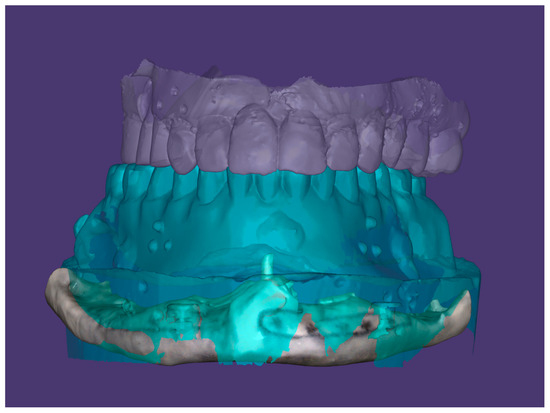Personalized Medicine – When Treatment is Made Just for You
Personalized Medicine: The Future That Has Already Begun
Imagine a doctor who doesn’t just prescribe a standard drug for your illness, but instead studies your genetic profile, your lifestyle, and then offers you a treatment designed precisely for your body.
This isn’t science fiction. This is now. And it’s called:
Personalized Medicine.
Traditional Medicine vs Personalized Medicine
In traditional medicine, patients are often grouped together. For example, 100 people with diabetes might receive similar treatments.
But in Personalized Medicine, that changes. Even if two people have the same disease, their genetic structure, lifestyle, family history, weight, age, gender, and environment may be completely different — and so should their treatment.
How Does Personalized Medicine Work?
This approach relies on combining multiple technologies and types of data:
1. Genetic Analysis (DNA):
Every person has a unique genetic code. It helps predict which treatment works best and what diseases may pose a future risk.
2. Artificial Intelligence and Bioinformatics:
Intelligent systems analyze thousands of data points (from genes to lifestyle) to suggest tailored treatment strategies.
3. Continuous Health Monitoring (Wearables, Apps):
Devices like smartwatches or health apps gather real-time data to guide physicians in decision-making.
4. 3D Imaging and Anatomical Modeling:
Especially useful in surgery, these technologies enable highly precise treatment plans
Patient-Specific Implants: A Tangible Example of Personalized Medicine
When we hear “Personalized Medicine,” most people think of drugs or cancer treatments. But surgery has also joined this revolution.
In the past, jaw or skull fractures were treated using pre-made implants — generic shapes that didn’t always fit well. Today, thanks to advanced imaging, digital design, and 3D printing, we can manufacture implants that perfectly match the patient’s own bone.
This means:
• Shorter surgeries
• Fewer complications
• Faster recovery
• Better cosmetic outcomes
These implants are a perfect example of how Personalized Medicine is transforming surgery — offering accurate, individual, human-centered treatment.
Conclusion: Why Personalized Medicine Matters
• Because every person is different.
• Because treatment should be made for me, not for a “group.”
• Because today’s technologies let us move from one-size-fits-all to one-size-fits-one.
In the future of medicine, there is no “average patient.”
Every patient is unique.


